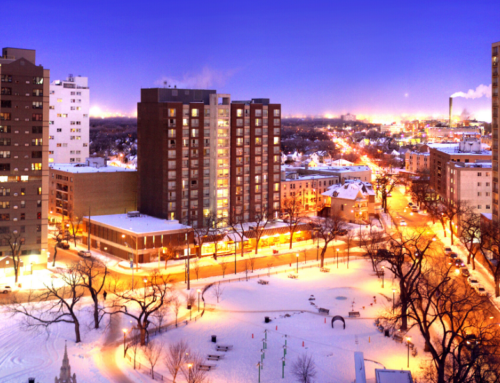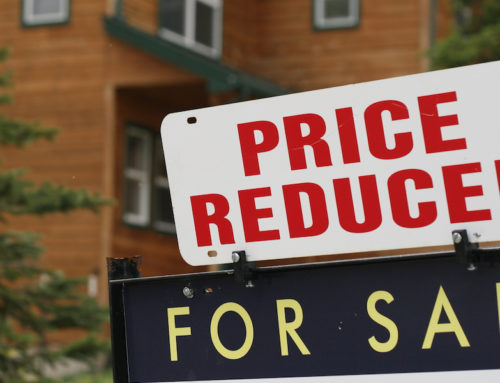Condos have become the home of choice for city dwellers, as first-time buyers and increasingly, the move-up segment seeks affordability and liveability. But many don’t understand the ins and outs of condo fees before deciding this lifestyle option is right for them. So, what exactly are condo fees, how are they calculated and what do they cover? Read on to find out.
THE RISING TREND: A recent RE/MAX report reveals that condominium apartments and townhomes now account for 37 per cent of residential sales in the Greater Toronto Area. In fact, condos were the only property segment to make gains throughout the 2017 housing market correction. What’s driving this trend? Watch this quick video to find out.
Affordability is a big factor behind the boost in condo living, but it’s certainly not the only one. Condo living comes with many other benefits, including urban conveniences, public transit, employment and entertainment close to home, as well as a lock-n-leave lifestyle for when life takes you further abroad. Part of the package, is condo fees.
What are condo fees, how are they calculated, and what do they cover?
What are condo fees?
Every condo owner pays a regular, non-negotiable condo fee. This fee is calculated based on your share of the condo building – the larger your unit, the greater your fee. This fee is adjusted annually based on the condo’s operating budget.
What do condo fees cover?
Your condo fees are divided into three main categories: utilities, common areas and the reserve fund. Let’s take a closer look.
A chunk of your condo fee goes to utilities such as water, hydro and sometimes heat – but this isn’t always the case. Most brand-new condominiums are now being built with individual heat pumps that are controlled by, and paid for by individual owners. Make sure you’re clear on your condo fees before you buy.
We’ve already mentioned that condo ownership means less maintenance on your to-do list. But somebody’s gotta do it, right? Your condo fees cover that expense as well.
And remember those awesome amenities that your family and friends come over to use? You have to contribute to their upkeep. The more amenities your condo has, the higher your condo fees will be. Think pool, gym, hobby rooms, sports courts, an in-house theatre, indoor and outdoor areas. Ask yourself if you’re going to actually use all of the amenities offered by your condo, because you’ll be paying for them.
Condo fees also pay for snow and garbage removal, cleaning and minor repairs of common areas, exterior window washing and the like.
What is a reserve fund?
A portion of your condo fee is set aside in a reserve fund, which every condo board must maintain as a savings account for big-ticket items that inevitably arise. A roof replacement can cost upwards of half a million dollars, so this fund is essential.
Then there’s the Special Assessment. In the case that the reserve fund doesn’t quite cover the bill, each condo owner will be required to pitch in their proportionate amount to cover the cost.
If you’re considering condo ownership, make sure you incorporate the condo fee into your budget. Make sure to leave a buffer in case your condo fees increase, which tends to happen as condos age. Any increases are at the discretion of the condo board.
Before you make an offer, get a copy of the condo’s status certificate, which contains important info about the condo’s financial status. Review it and make sure you understand it. The document will include things like the condo’s budget, any legal matters the condo may be facing, information about the reserve fund, current maintenance fees and whether any increases are planned in the near future.
The fee for the status certificate? $100. The information? Potentially worth a great deal more to your investment.









